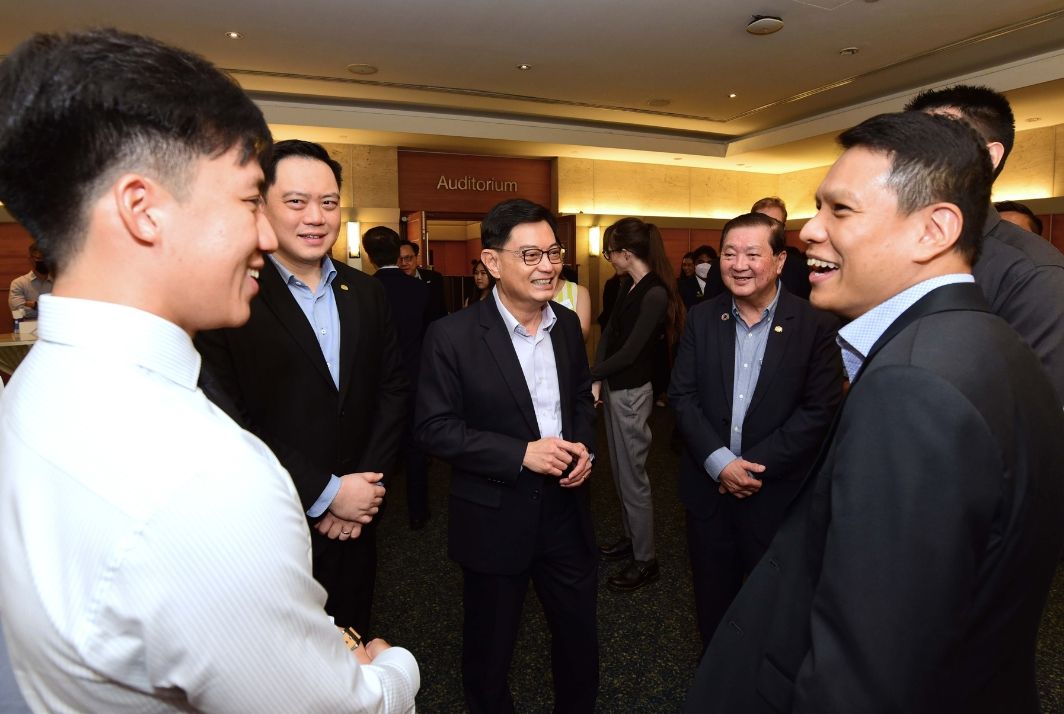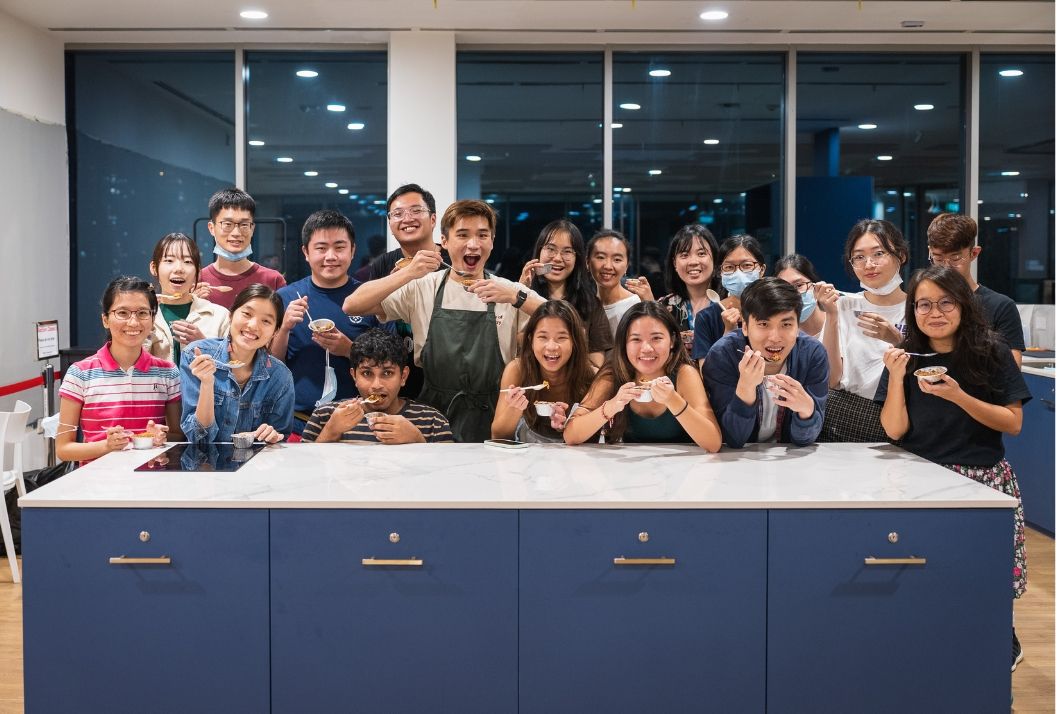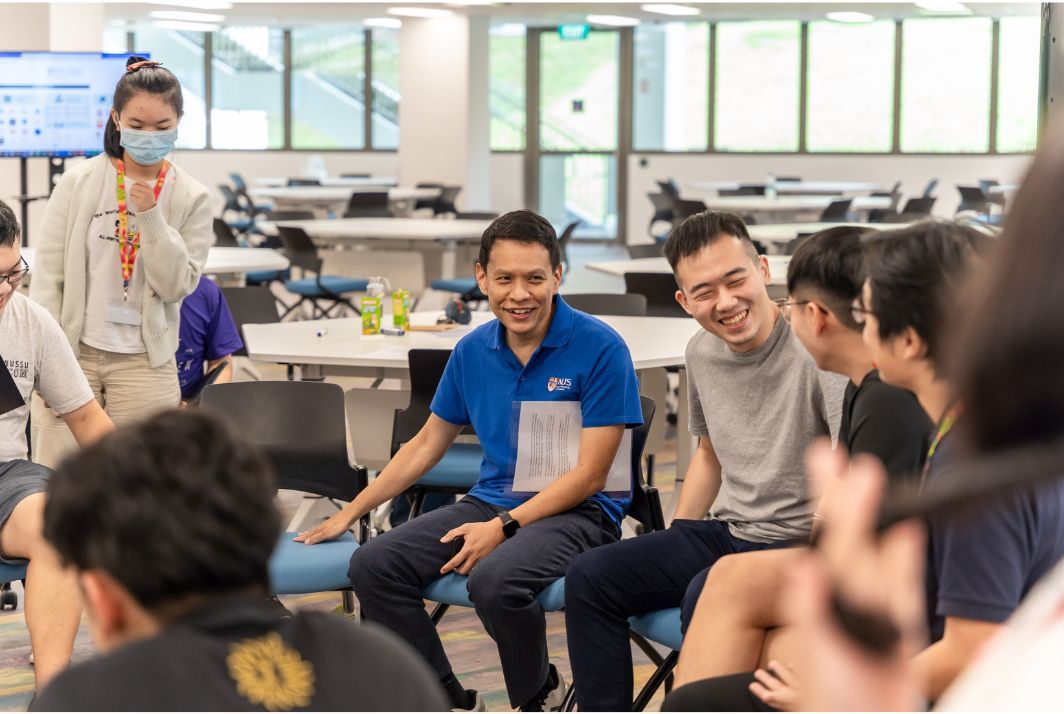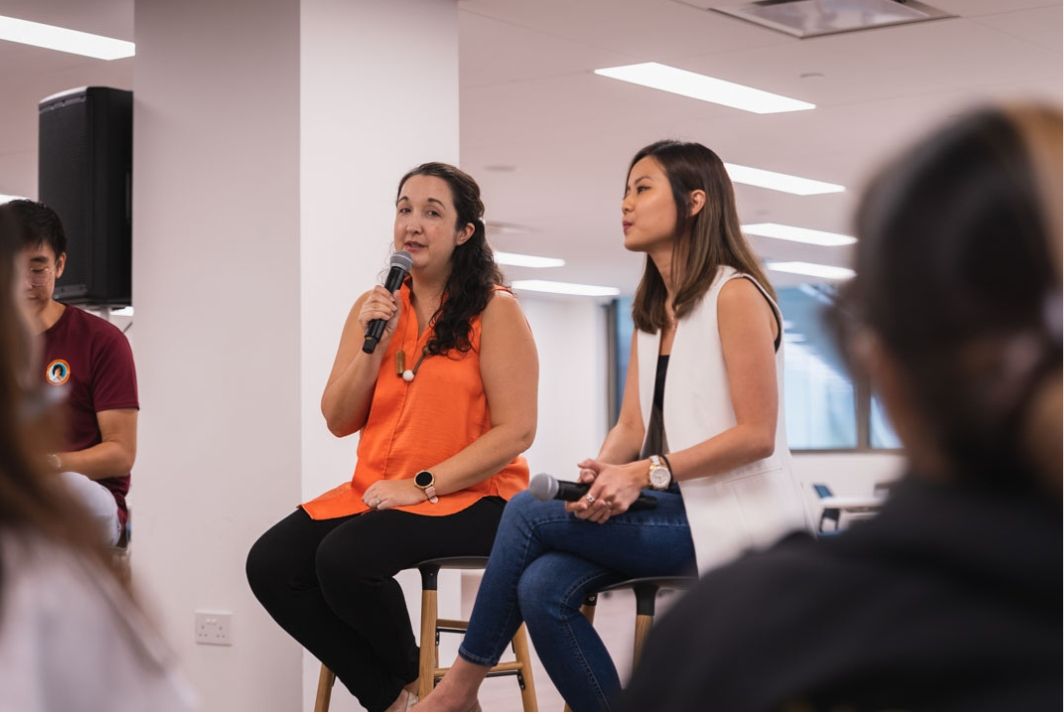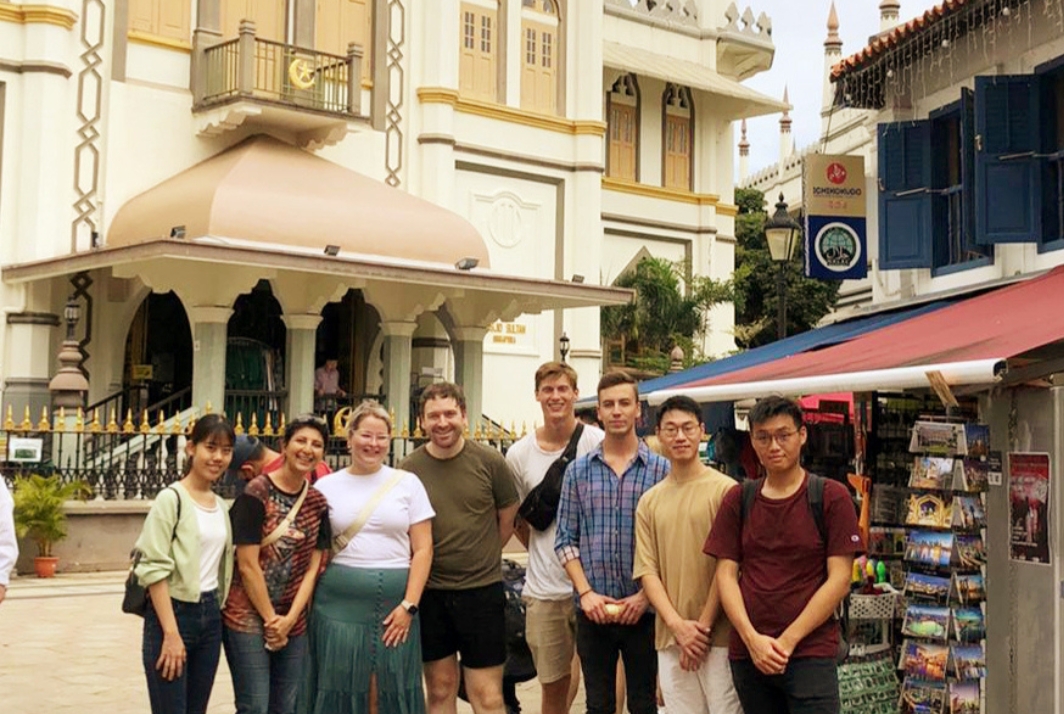Youths today are actively engaging in sustainability conversations and increasingly at the forefront of the climate action movement.
Among them are three NUS alumna and students who have emerged among the top six winners among 300 entries at this year’s National Writing Competition – themed “Towards A Sustainable Singapore: How Youth Can Make A Difference”.
Organised by SPH Media and the National Youth Achievement Award (NYAA) Council, participating students were challenged to share their ideas on how young people can make a difference to climate change and champion sustainable efforts. The winners were selected by a panel of judges based on their creativity and ability to present their ideas and recommendations.
Nicholas Ong, a recent Geography graduate from the Faculty of Arts and Social Sciences and aspiring teacher, won the third prize for proposing a unique “3-Green” Youth-centred framework that encourages a multi-disciplinary approach towards sustainability education, empowering young people to have a greater stake in creating green spaces, and using social media for environmental advocacy.
“I believe that sustainable development is important for communities to thrive, to mitigate against environmental impacts and ensure the prosperity of future livelihoods. There is urgency to address the climate emergency,” he added.
Bryan Voon, a third-year NUS Business School undergraduate and Celeste Chua, a first-year Yong Loo Lin School of Medicine undergraduate, clinched merit prizes.
Putting an economic spin on sustainability, Bryan suggested the use of Greems, a green equity certificate that rewards Singaporean youths for engaging in and promoting sustainable efforts. His entry was inspired by a TEDx Talk that explored the possibility of issuing cancer bonds to fund cancer research.
Celeste looked at empowering youths across different spaces including schools, the community and in the future. Some of her ideas explored electing green youth ambassadors, introducing sustainability competitions, and harnessing the multi-disciplinarity of young people with different expertise to tackle environmental challenges.
Why sustainability matters
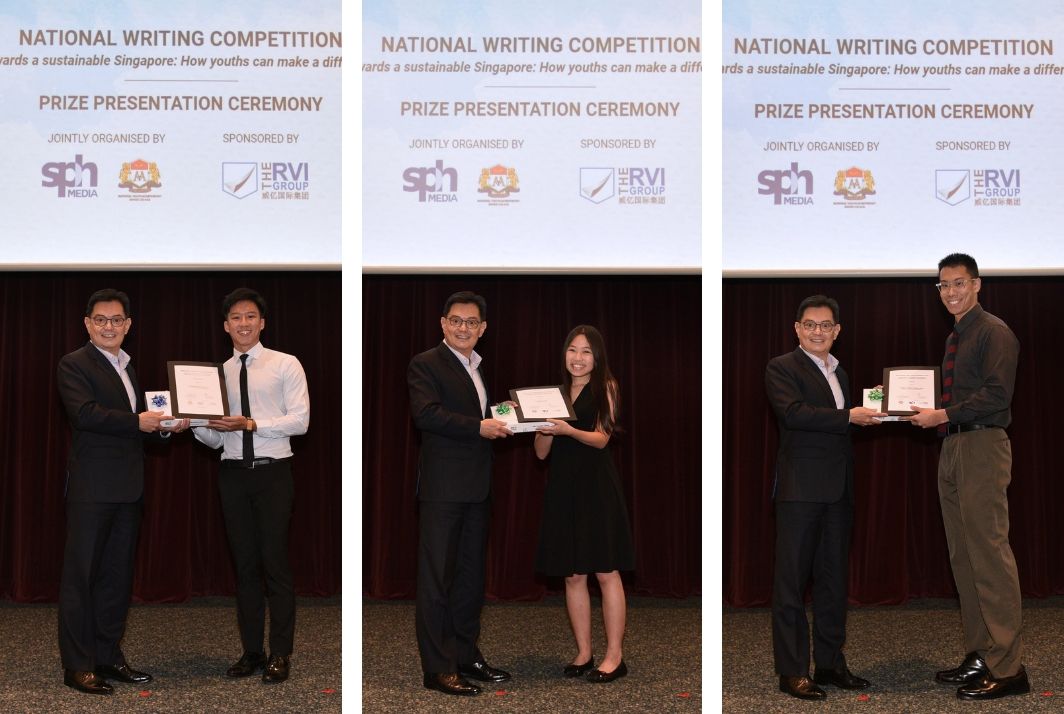
Climate change significantly impacts air quality, food, water and economic security for much of the world, both directly through their negative effects on public health, agriculture and ecosystems, and indirectly through their impact on the climate.
Doing our part can bring immediate climate benefits and improve the health and livelihoods of the current and future generations to come.
Said Celeste: “Cultivating such habits increases the quality of life for everyone by reducing the number of pollutants, decreasing the rates of climate change and at the same time, aids in conserving precious resources so as to ensure a lasting healthy environment for future generations to live in.”
“There are places on earth I want to see before climate change renders them unrecognisable,” added Bryan.
NYAA executive director James Soh said young people must be empowered to take climate action seriously. He continued: “We have a moral obligation to do this today, not tomorrow.”
What can we do to make a difference
Small changes to our choice of commute, lifestyle, diet and home can go a long way to the fight against climate change. We can actively engage in sustainabilityconversations and increase the importance of climate action in our own communities.
Celeste provides actionable tips to incorporate sustainable habits in our daily routine: “bring a reusable bag when shopping, use reusable cutleries and containers when taking out food, patronise stores that support and contribute to sustainable practices, and reduce activities that encourage a waste of resources such as avoiding fast fashion.”
“Youths can also champion sustainable efforts by spreading awareness about the importance of cultivating sustainable practices through participating in talks and discussions with people from various age groups in their community, thereby creating a ripple effect one step at a time,” she added.
Nicholas who will study to be a teacher, speaks passionately on the potential that young people are emboldened with and the importance to engage them in creating a green Singapore.
“I see our youths as capable beings who can value-add to our society. I want to empower youths with knowledge and more importantly, opportunities and platforms to contribute more. Youths offer creativity and unique dispositions to co-create a sustainable Singapore.”
Contributor
Office of Student Affairs


